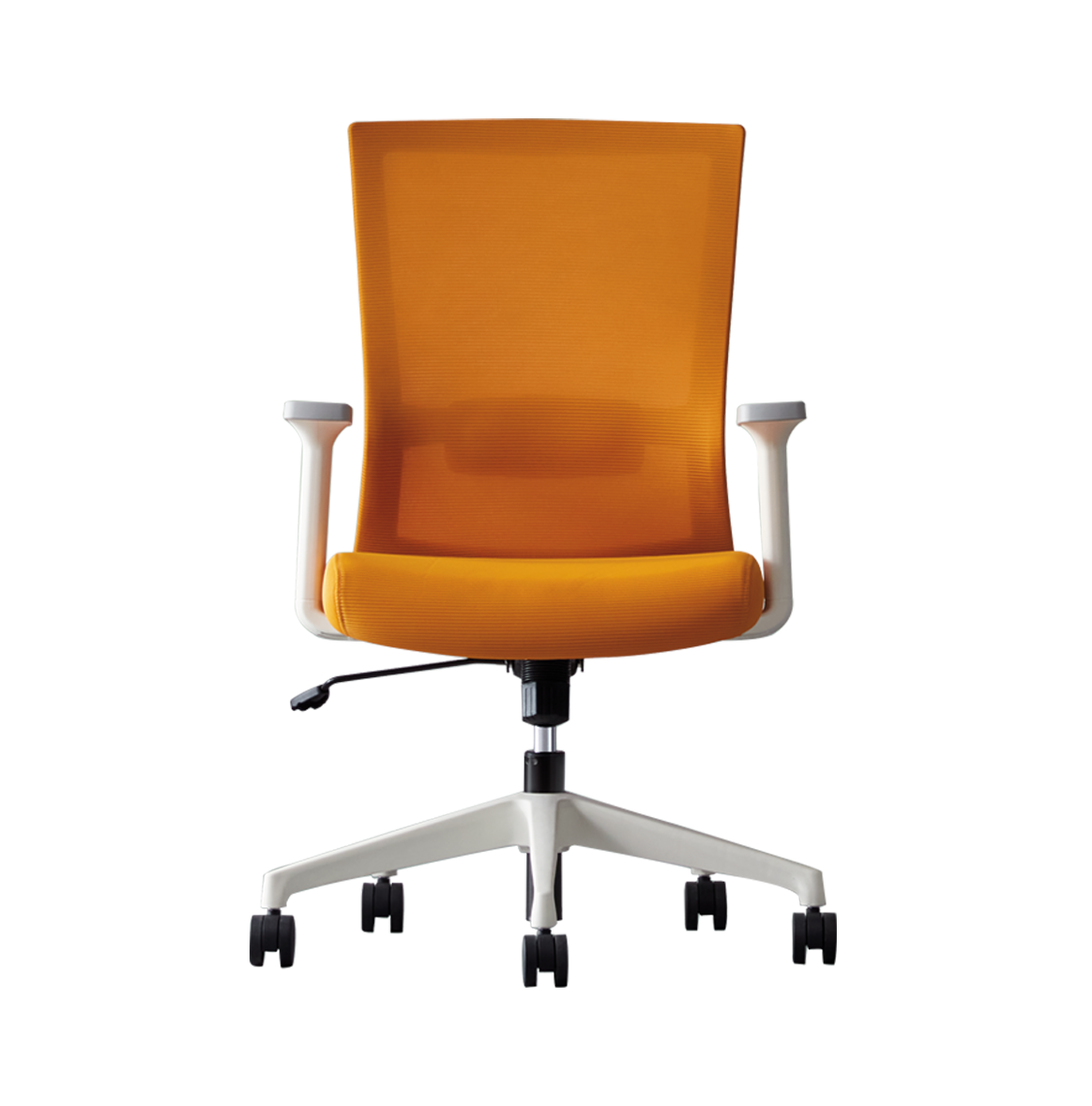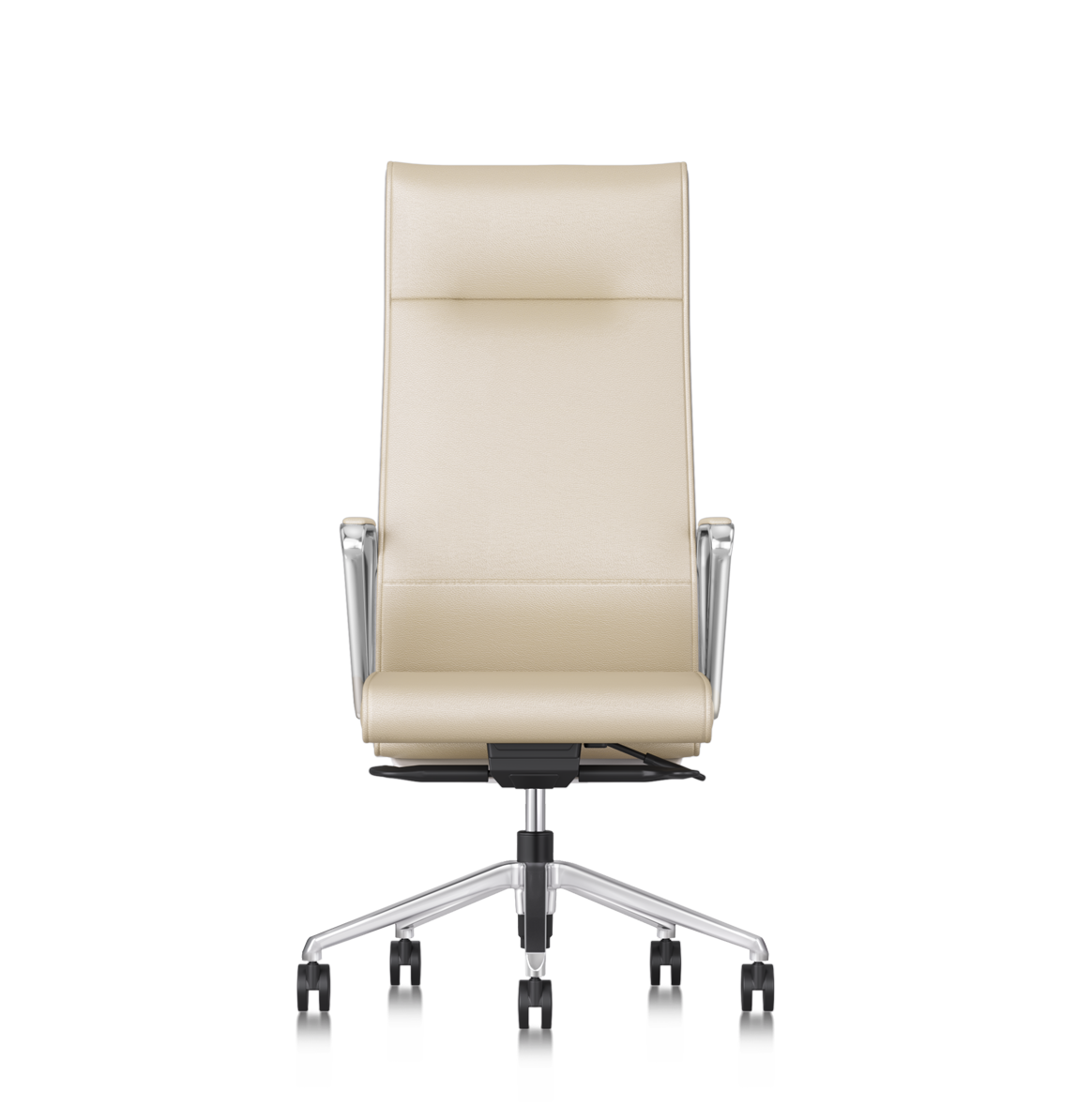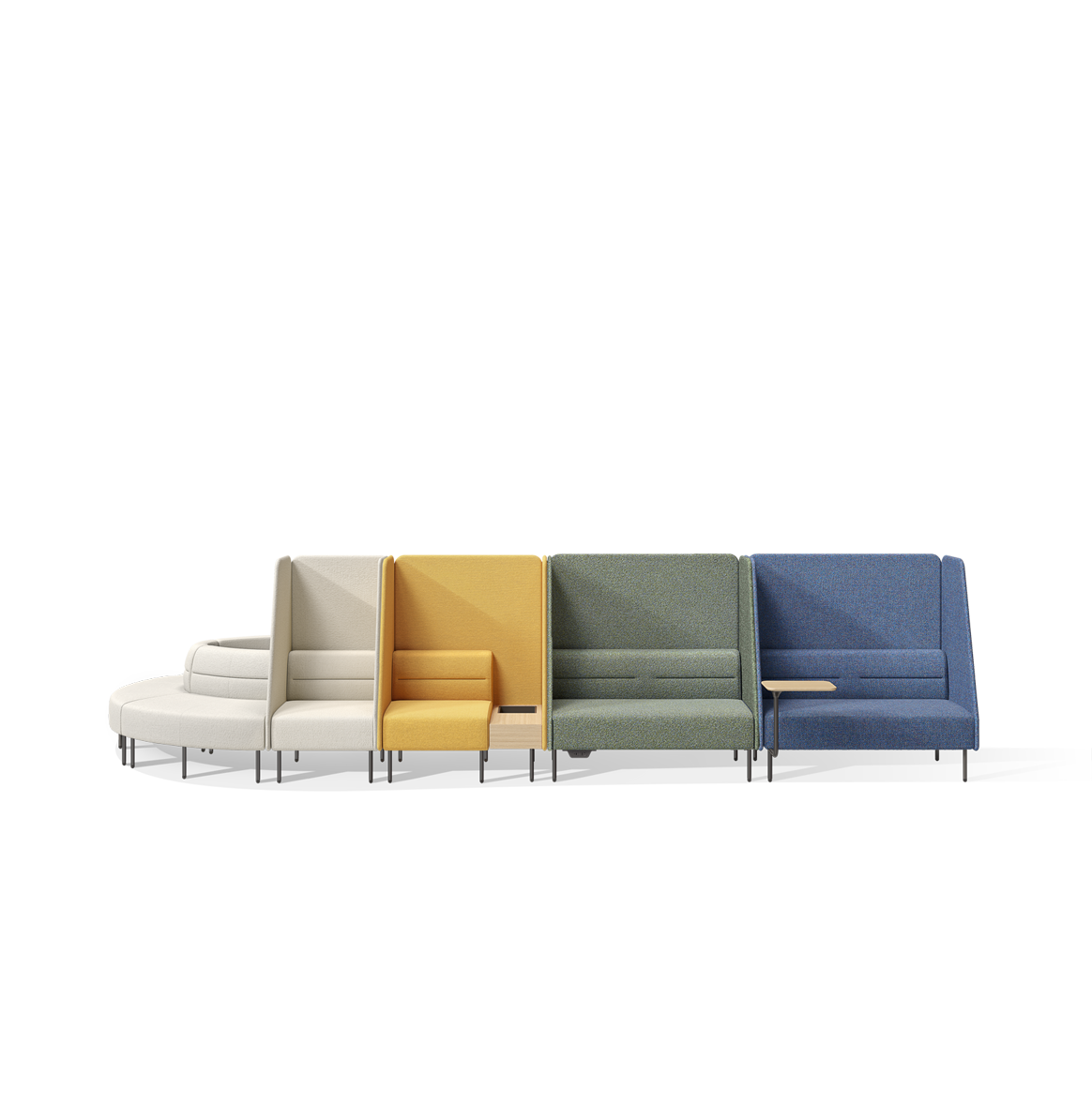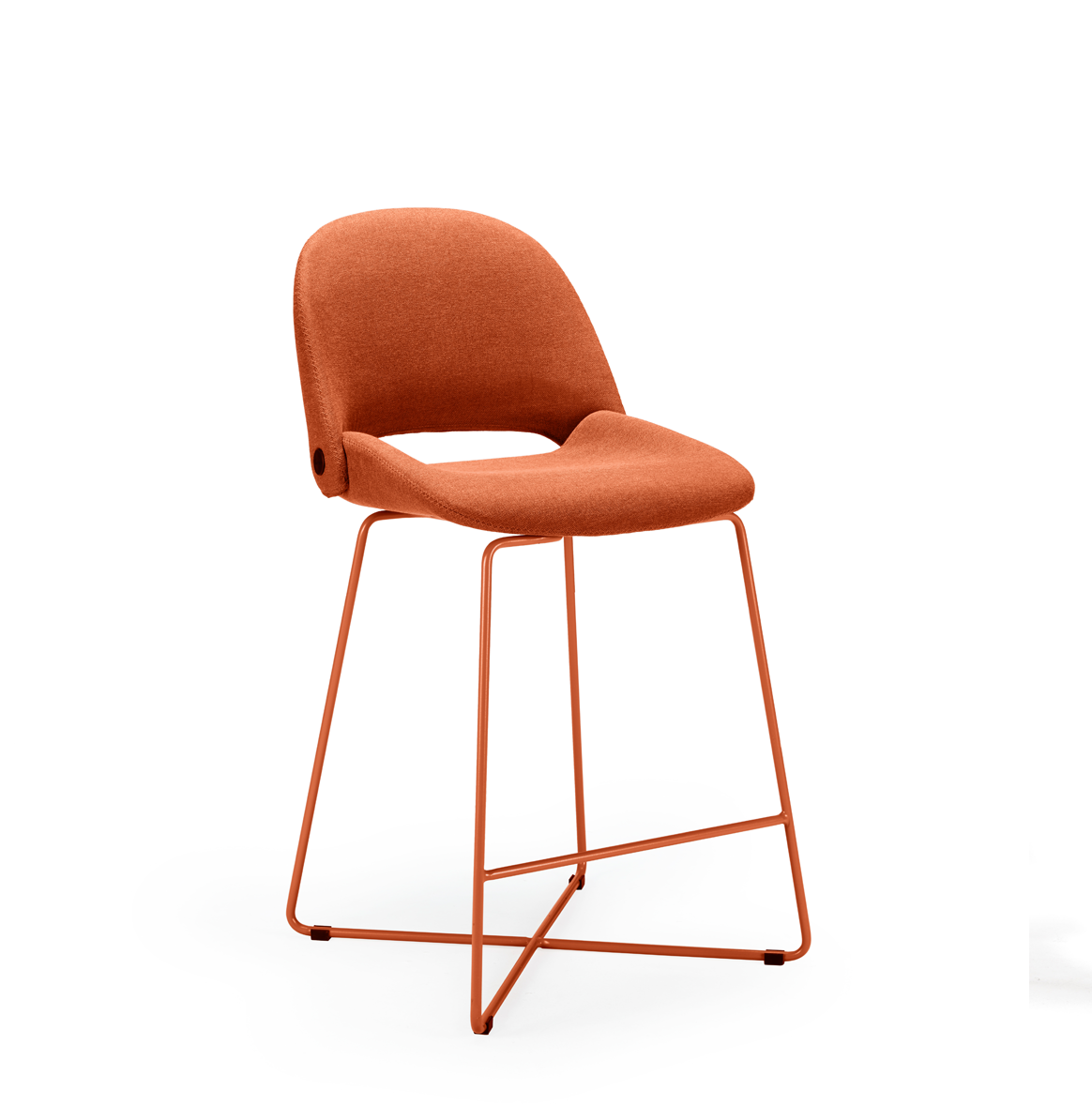-
Flexible Working Redefines Office Design: Sunon Furnishes Savills Hanoi for the New Hybrid Era
Vietnam has witnessed a surge in the remote working culture following the COVID-19 pandemic. While some companies have returned to traditional office setups, many continue to embrace remote or hybrid working policies. This shift has prompted a reevaluation of office design, with a focus on flexibility and employee-centric spaces.
Savills Vietnam, a leading real estate consultancy and valuation firm, recently announced plans to implement flexible working arrangements. So, what sets a modern flexible office apart from a conventional workplace?
According to Ms. Hoang Nguyet Minh, Senior Director of the Commercial Leasing Division at Savills Hanoi, “Organizations should start by surveying their workforce to understand the specific needs of each department. This helps determine the right balance between fixed desks and flexible workstations. Employee requirements are becoming a higher priority in office design than they were previously, when customer and visitor experience dominated planning.”
Based on Savills Hanoi’s survey of office usage by department, Sunon, as the designated office furniture provider, curated tailored seating solutions for the sales team. Sales staff, who spend 40–50% of their time offsite meeting clients, require focused workspaces when in the office. Sunon installed semi-private work zones using the Flower and D Series modular lounge seating with noise-reducing screens, allowing the sales team to make calls or concentrate without disturbance, while maintaining a professional and comfortable environment.
Flexible offices provide a variety of work locations to suit every employee’s needs—whether it’s for virtual meetings, small group collaboration, or focused individual work. Unlike traditional setups, employees under a flexible working model typically do not have assigned desks. Instead, they book desks by date, store personal items in lockers, and maintain tidy workstations. Sunon supported this transition by furnishing Savills Hanoi’s office with diverse solutions, including small meeting rooms, open collaborative areas, and versatile Model Series stool chairs and Mix Series office tables, enabling spaces to adapt quickly to changing team requirements.
“At first, change can feel uncomfortable since staff are accustomed to personalizing their desks and maintaining familiar routines. Managers may no longer have private offices. However, employees gain access to a clean, organized, and fully equipped office furniture layout that promotes productivity and collaboration,” Ms. Nguyet Minh explained.
She emphasized that a successful implementation of flexible working relies not only on office design but also on leadership support. Companies should focus on outcome-based management rather than traditional attendance tracking.
Concerns about costs are often overestimated. According to Ms. Nguyet Minh, flexible office setups can be cost-efficient: for example, providing 60 fixed desks for 100 employees while allocating the remaining space to collaborative areas and common zones. With the right office furniture solutions, companies can create a functional, adaptable, and employee-friendly workspace without incurring significant additional expenses.
-
Products
 Desks + Workstations
Desks + Workstations StoragePanel + Space Division
StoragePanel + Space Division Accessories
Accessories - Space
- Inspiration
- Sustainability
- Resource
- About Us
-
Products
 Desks + Workstations
Desks + Workstations StoragePanel + Space Division
StoragePanel + Space Division Accessories
Accessories - Space
- Inspiration
- Sustainability
- Resource
- About Us
- Showrooms
- Dealer Login
- Contact





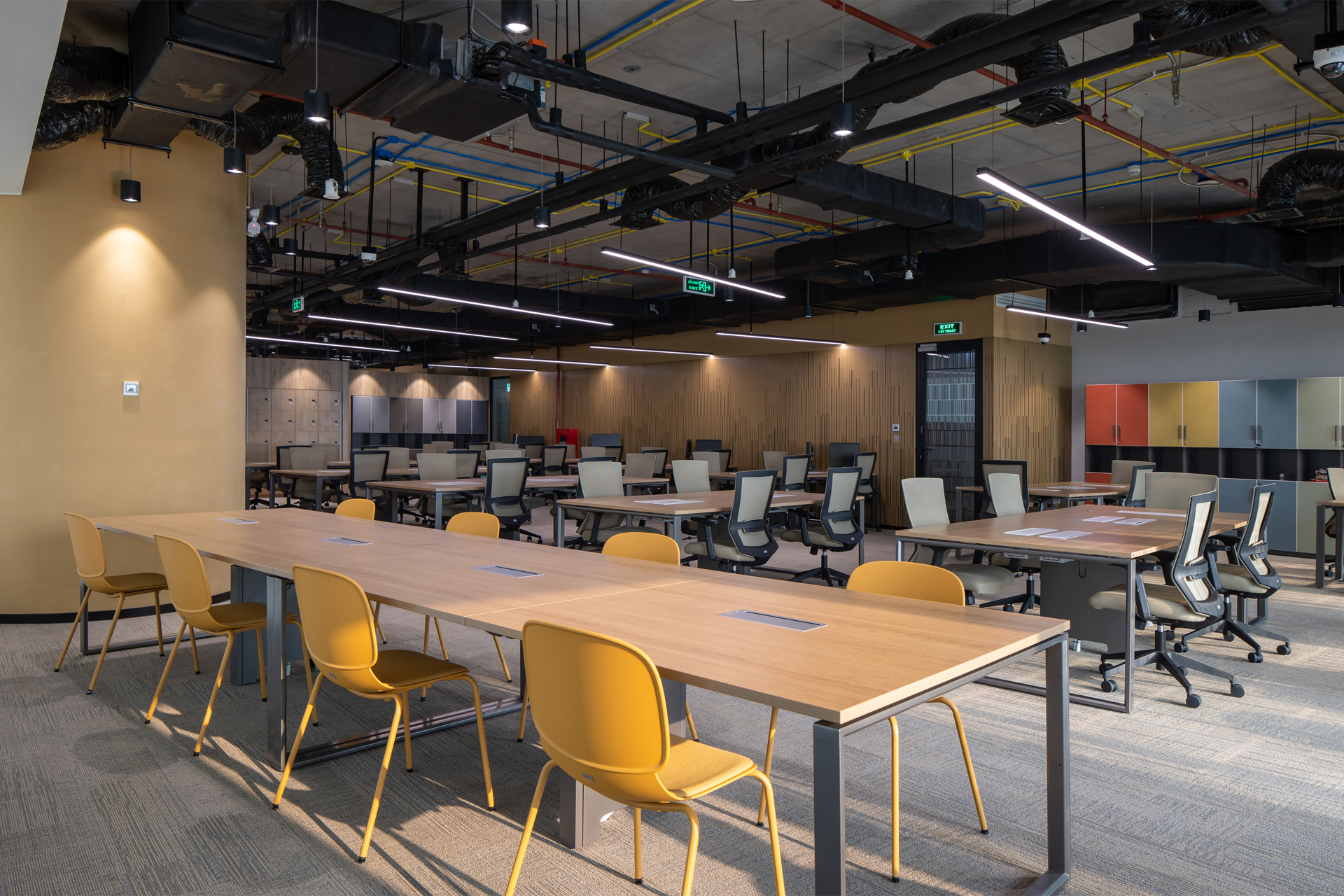
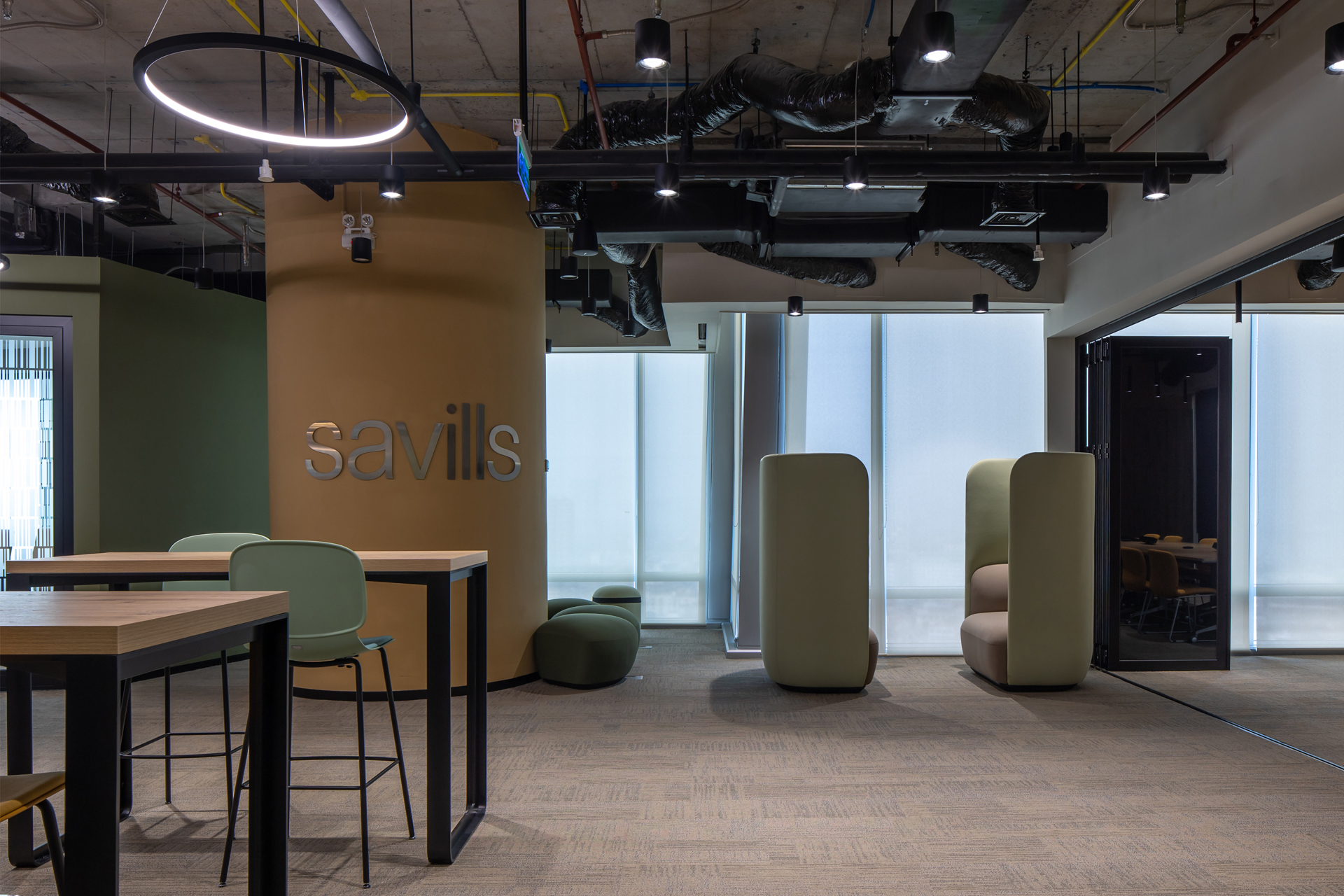
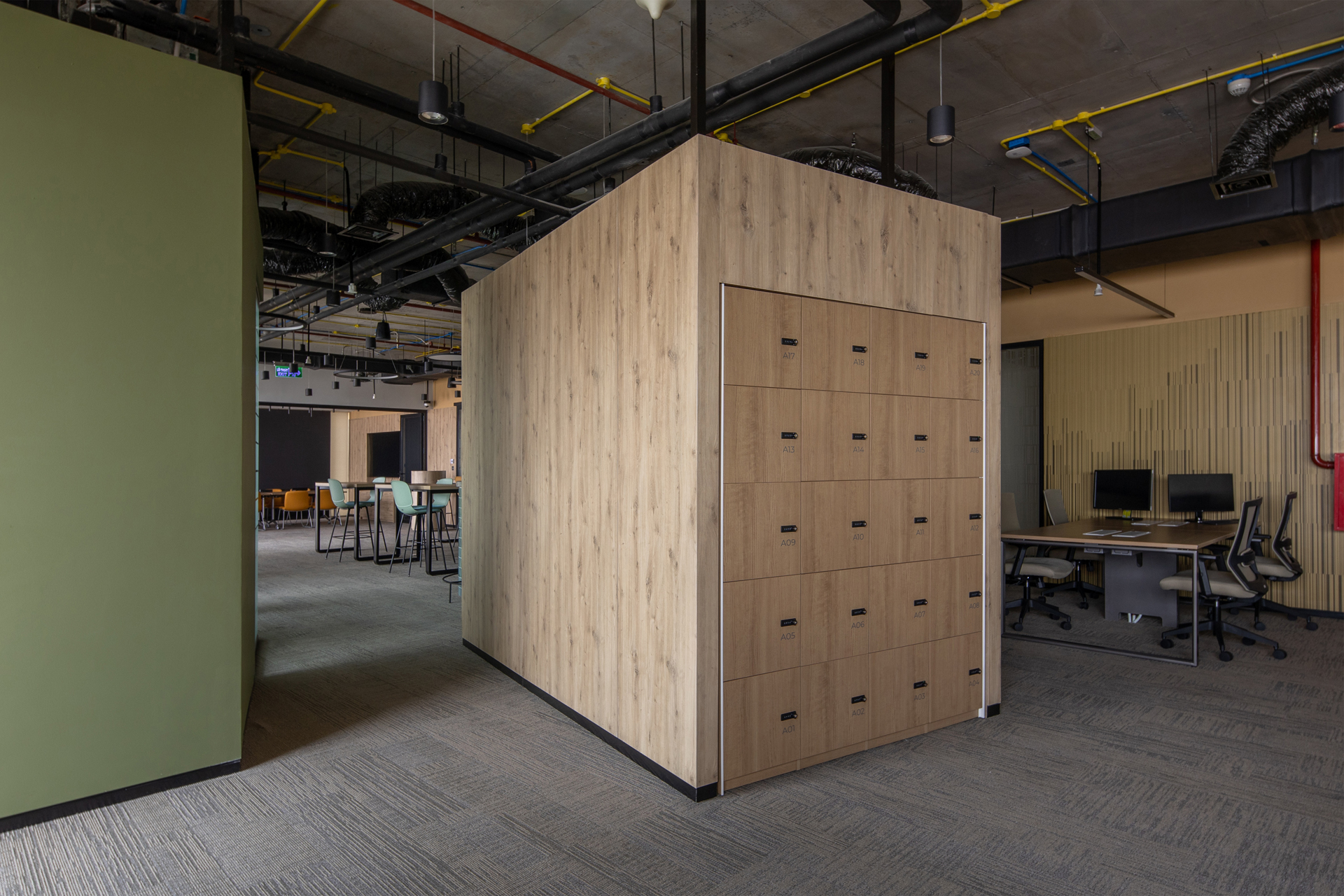
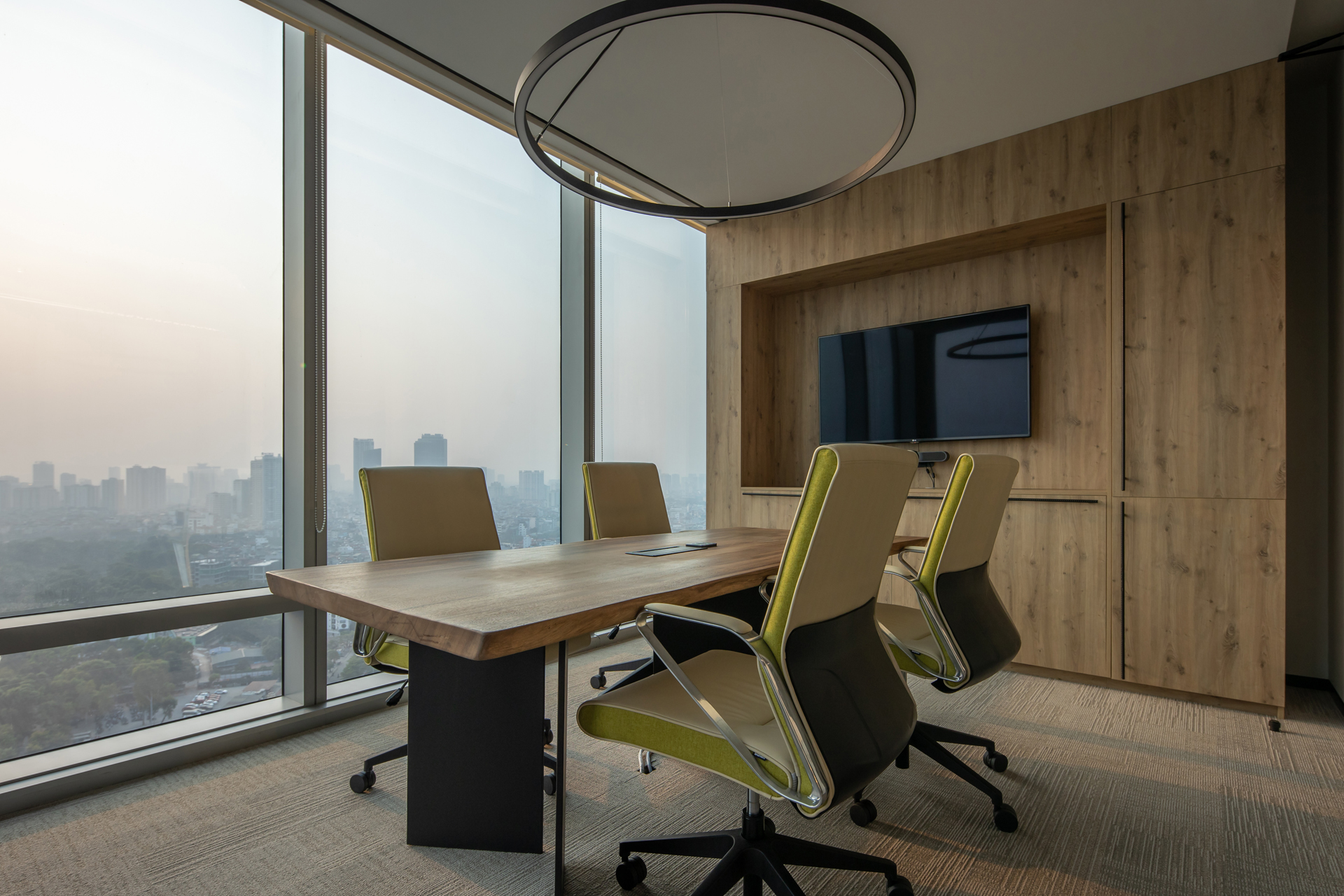
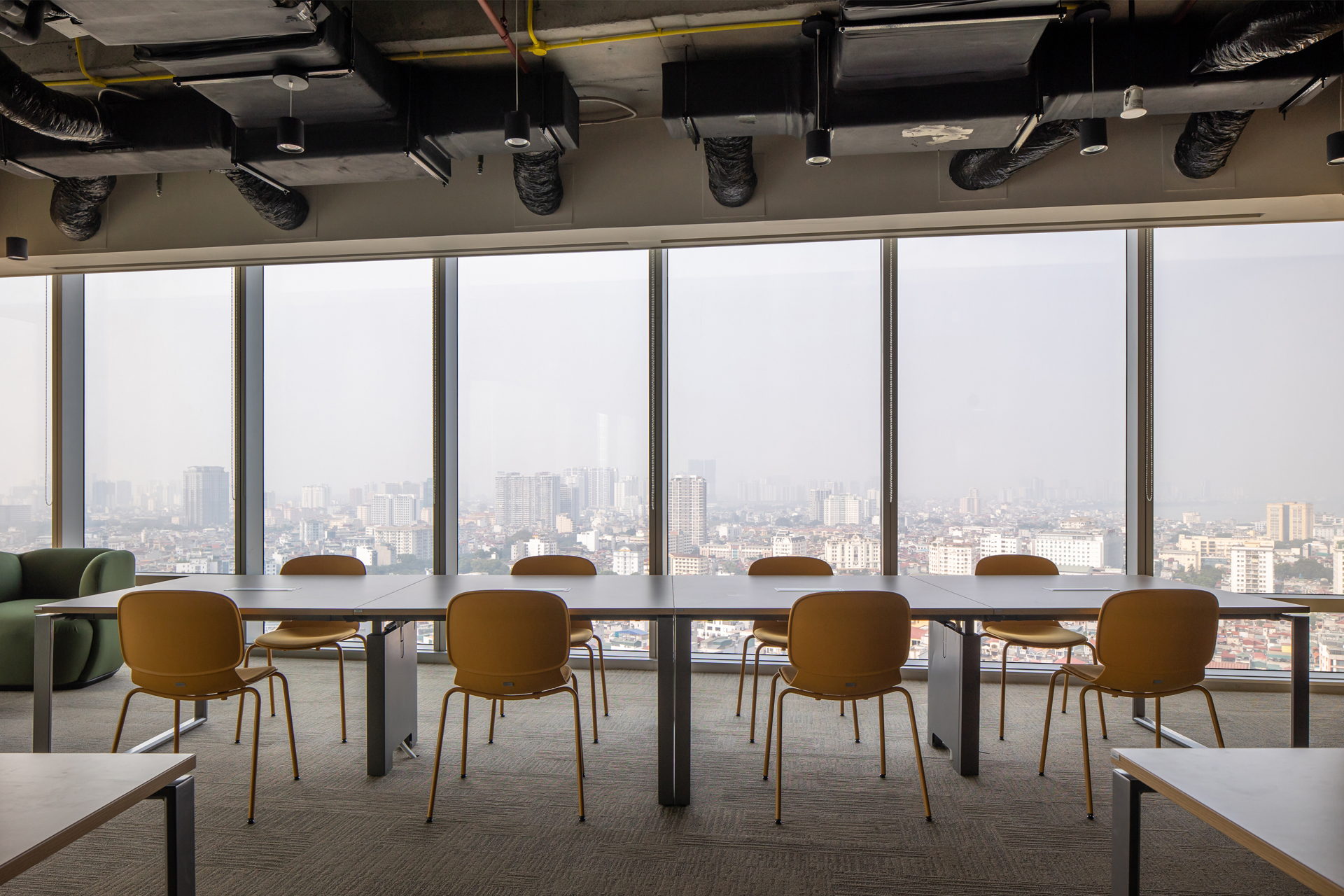

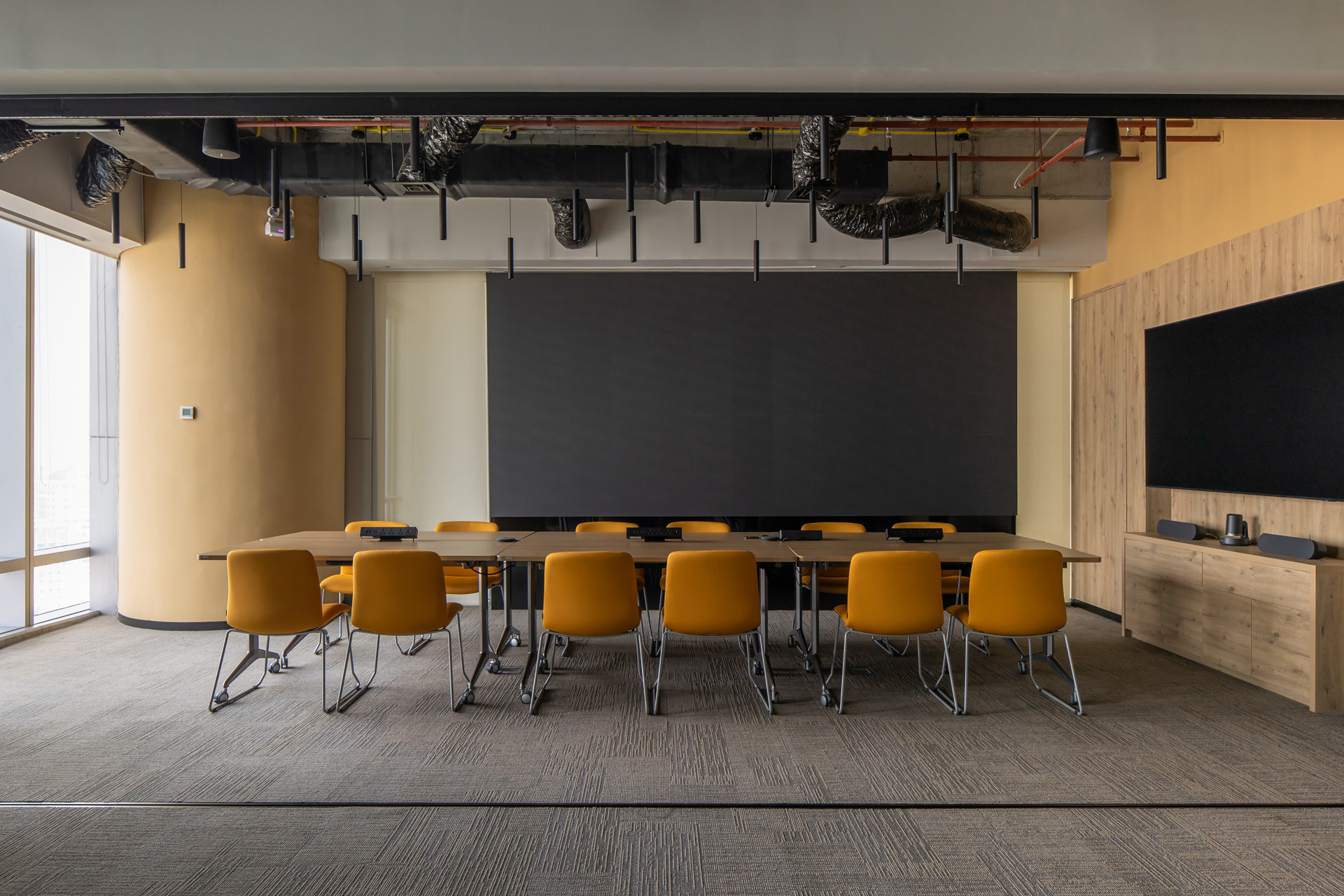
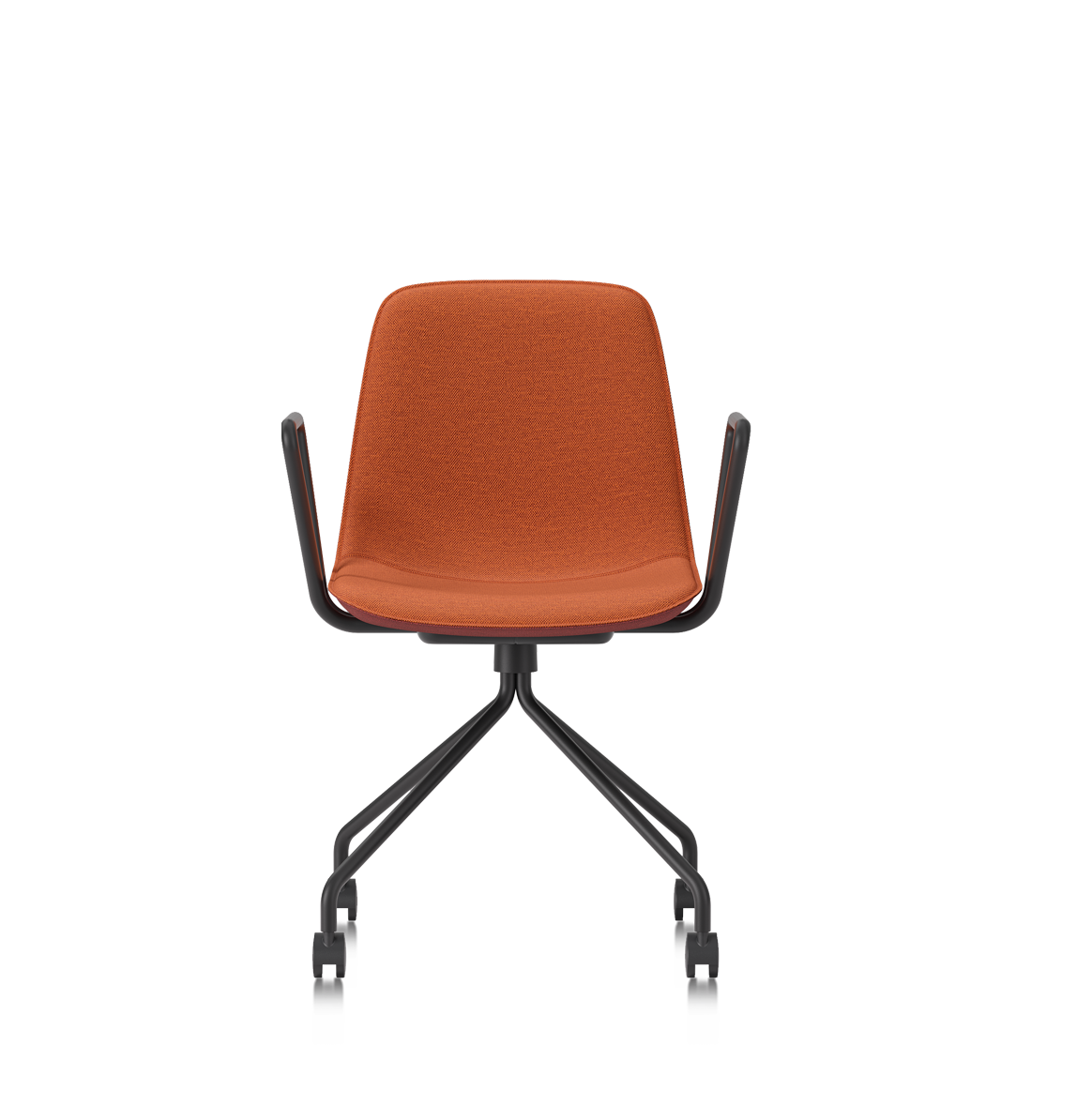
-正-e1754473464416.png)
